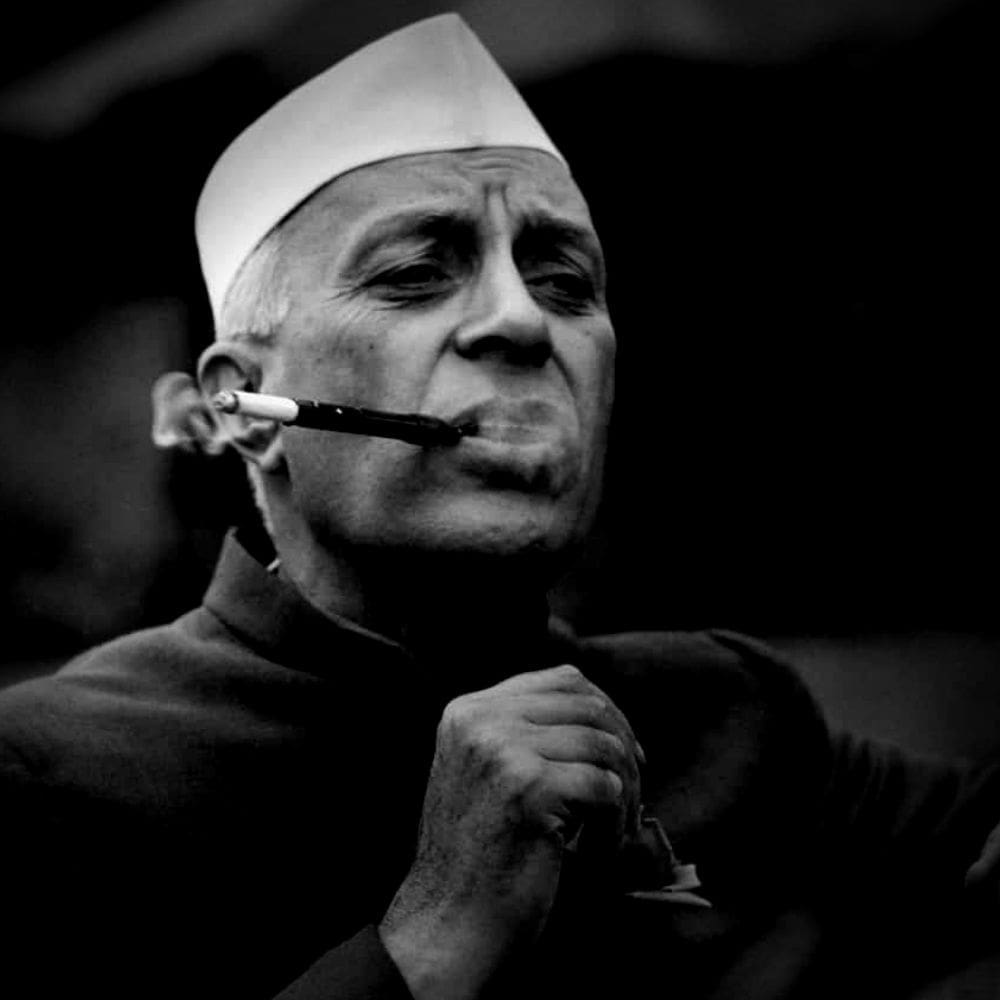NEHRU—POWER TRUMPS PRINCIPLES
Despite being already in the powerful position of a PM, Nehru manoeuvred to also become the Congress Party President in 1951, and retained that position till 1954 to ensure a vice-like grip for himself both on the government and the party machinery—even though it flew in the face of the Congress Party principle of one-person-one-post. Nehru then released his presidency in 1955 to his lackey and a nobody like UN Dhebar, and allowed him to continue in that post right till 1959, after which he again manoeuvred to get his daughter Indira Gandhi elected as the party president in 1959.
Ironically, while he himself simultaneously held the post of the Party President and the PM, he got a similar setup banned at the state level—he got a party resolution passed in 1953 forbidding the state CMs from simultaneously holding a post in the PCC (Pradesh Congress Committee), on the ground that the CMs have too much office work to be able to devote time for the party work. (Didn’t a PM have as much work? Height of hypocrisy!) Why? He didn’t want the state CMs to get powerful, and ever challenge him, or his daughter later. Not only that, he gradually sidelined even the future competitors to his daughter Indira through the Kamaraj Plan of 1963, and other means, to ensure continuance of power for his dynasty. If someone should have first exited the government under the 1963 Kamaraj Plan it should have been Nehru himself for his 1962 India-China war debacle (Blunder#36), and for his failure in many other spheres.
Nehru was an agnostic, but his god was power. Principles were fine to enhance one’s image, but if they came in the way of power for himself, and after him, for his dynasty, Nehru unhesitatingly and unscrupulously chose power. Nehru ranted on secularism and against communalism and casteism, but when it came to selection of candidates for elections, both religion and caste were critical considerations for him, and for the Congress that was subservient to him. Nehru decried capitalists, but if they obliged his party by filling-in its election war-chest for a quid pro quo, Nehru’s “principles” never came in the way. Socialism was not merely a fad for Nehru. What appealed to Nehru and his dynasty in socialism was its vote-gathering and power-grabbing potential by its appeal to the poor and the powerless.


